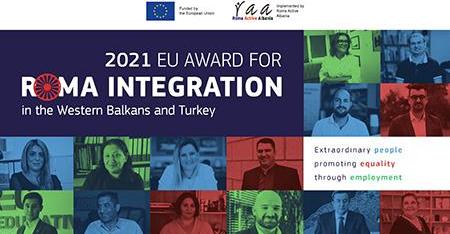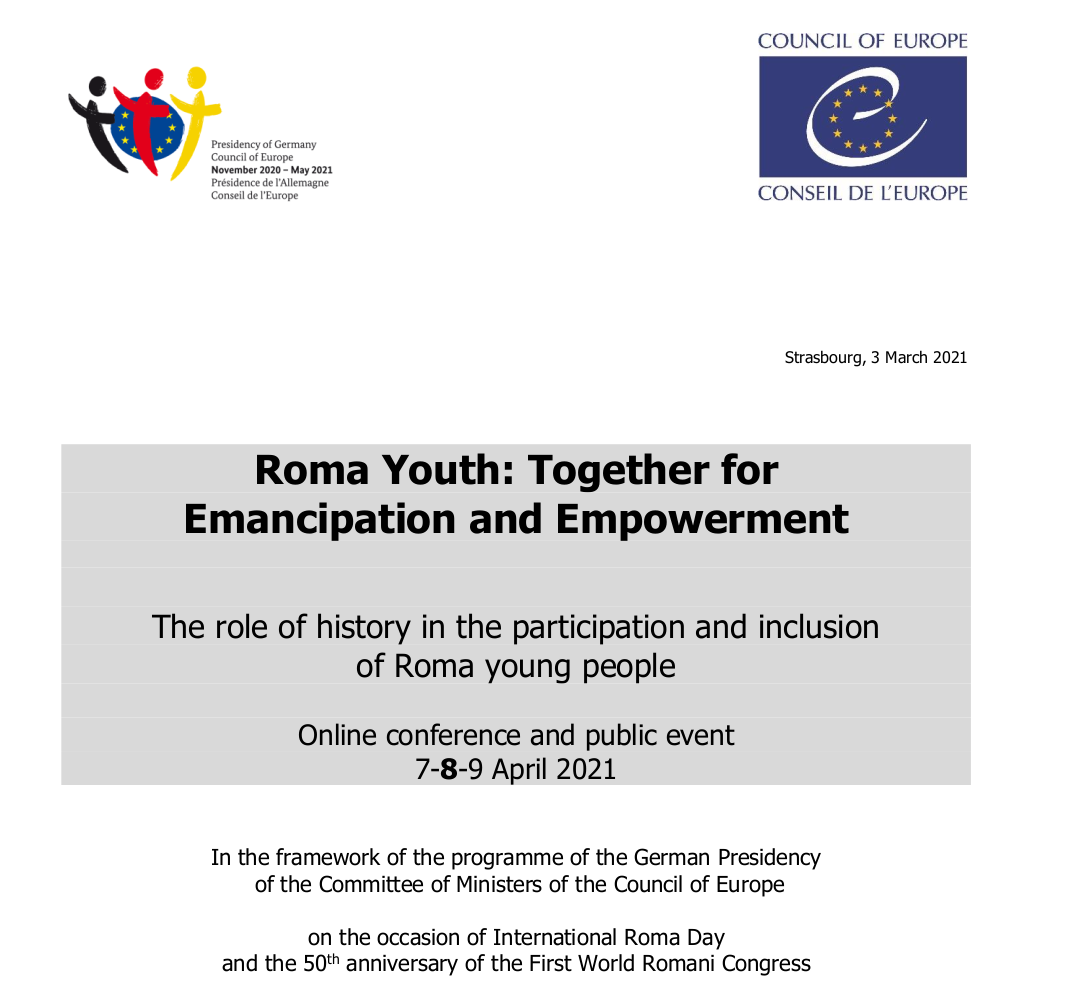ERGO Network launches its research report on Roma access to adequate minimum income schemes
The European Roma Grassroots Organisations (ERGO) Network is holding today, 23 November, its annual Policy Conference, entitled “Implementing the EU Roma Strategic Framework. Roma access to adequate minimum income.”
Europe’s Roma experience some of the worst social inclusion indicators, with over 80% living in poverty, only 43% in paid employment, and 41% experiencing antigypsyism. This situation worsened significantly during the Covid-19 pandemic, with Roma communities being disproportionately hard hit. In a cash-based economy, providing people with adequate financial resources is a necessary pre-requisite for fighting poverty and social exclusion, as well as for enabling individuals to reach their full potential and to access rights and opportunities on the labour market and in society.
Access to adequate minimum income and social protection is the cornerstone of the European Social Model and our welfare states, and it needs to be guaranteed also for Europe’s Roma. The EU Council Recommendation of 24 June 1992 on Common criteria concerning sufficient resources and social assistance in social protection systems clearly urges Member States “to recognize the basic right of a person to sufficient resources and social assistance to live in a manner compatible with human dignity as part of a comprehensive and consistent drive to combat social exclusion.” This commitment is reaffirmed in the EU Active Inclusion Recommendation (2008) and the European Pillar of Social Rights (2017).
During 2021, ERGO Network conducted in-depth national case studies in five countries (Bulgaria, the Czech Republic, Hungary, Romania, and Slovakia), looking at existing minimum income schemes and assessing to what extent they are accessible to Roma applicants, and whether they are adequate for promoting Roma inclusion and dignity. The main findings and recommendations were brought together in an EU synthesis report, launched today in the framework of the above-mentioned event.
With this research, we aim to kick-start a debate with policy makers on how to improve the adequacy and take-up of minimum income and social protection by Roma in Europe, including in the framework of the European Pillar of Social Rights Action Plan, and the foreseen Council Recommendation on Minimum Income (2022). Access to sufficient financial resources is also a key element of reducing Roma poverty and social exclusion, which is one of the three horizontal objectives of the EU Roma Strategic Framework on Equality, Inclusion, and Participation.
- Read the EU synthesis report here!
- Read the national case studies: Bulgaria – Czech Republic – Hungary – Romania – Slovakia
For more information about ERGO Network’s work on adequate minimum income and social protection for Roma, as well as on Roma poverty and social exclusion (European Semester, European Pillar of Social Rights, etc), please contact Senior Policy Adviser Amana Ferro.







 face economic and social inequalities and live in a position particularly vulnerable to violence and discrimination. Compared to most women in the Czech society, these women are often at higher risk of social exclusion, live under worse material conditions, and have a lower quality of life. The problems of these women are often overlooked, which is why the Invisible Power coalition, with the support of the German EVZ Foundation, was founded—to give these women space to be seen and heard. The coalition represents a collaborative effort of the Czech Women’s Lobby (CWL) and its member organizations Association for Integration and Migration (SIMI) and SLOVO 21, under which the Roma women’s group Manushe operates.
face economic and social inequalities and live in a position particularly vulnerable to violence and discrimination. Compared to most women in the Czech society, these women are often at higher risk of social exclusion, live under worse material conditions, and have a lower quality of life. The problems of these women are often overlooked, which is why the Invisible Power coalition, with the support of the German EVZ Foundation, was founded—to give these women space to be seen and heard. The coalition represents a collaborative effort of the Czech Women’s Lobby (CWL) and its member organizations Association for Integration and Migration (SIMI) and SLOVO 21, under which the Roma women’s group Manushe operates.
 The employee expects 8 half-day theoretical trainings and 16 half-day practical workshops (2 trainings and 4 workshops in each locality) in the field of advocacy activities. The participants will then be permanently supported by experts in the form of tailor-made consultations.
The employee expects 8 half-day theoretical trainings and 16 half-day practical workshops (2 trainings and 4 workshops in each locality) in the field of advocacy activities. The participants will then be permanently supported by experts in the form of tailor-made consultations.